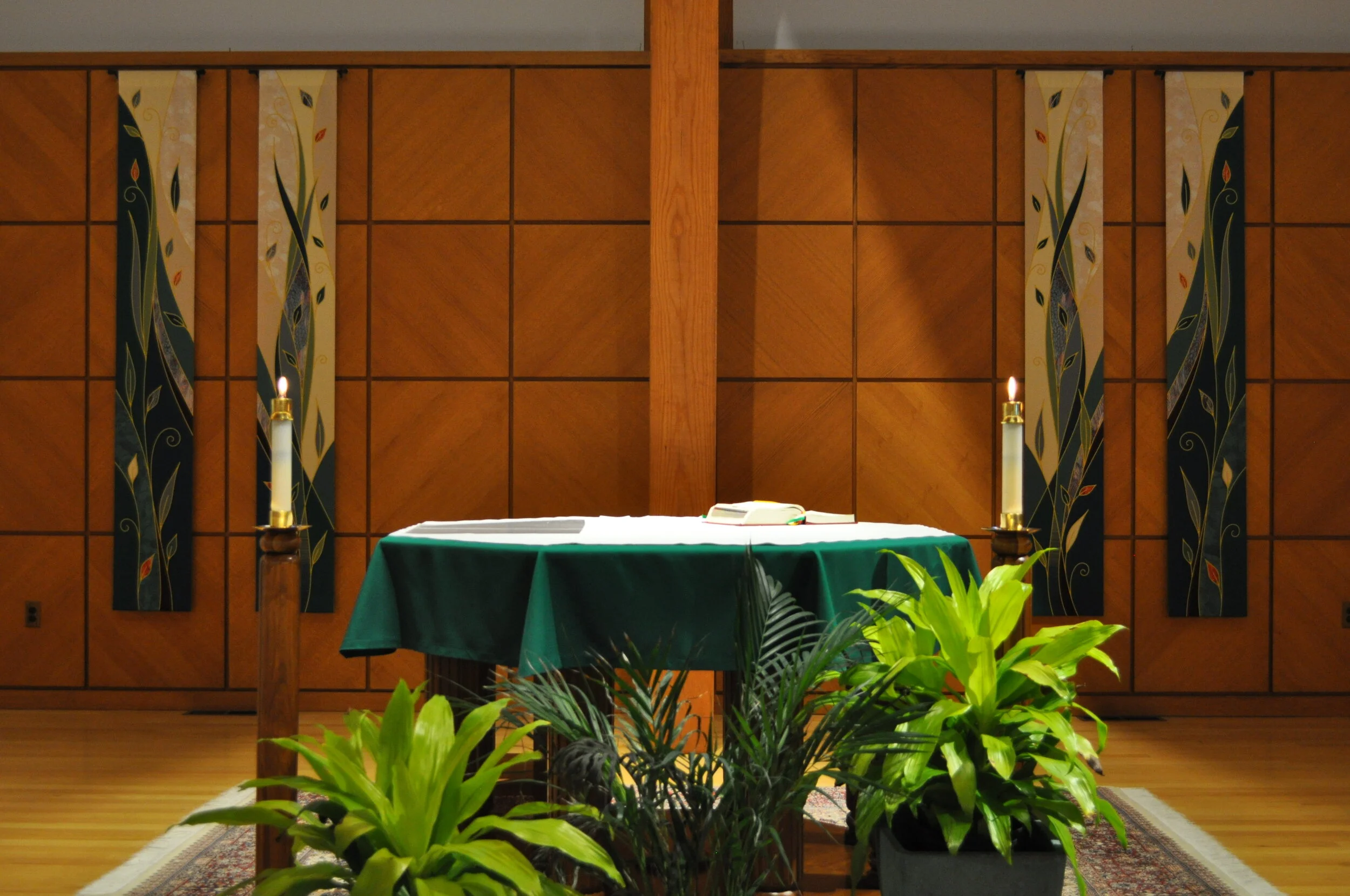
Who am I supposed to listen to?
Week 6: Option for the Poor and Vulnerable
If you saw a child drowning in the ocean, would you drop everything to save that child? Most would.
If you saw someone on the street without food, without shelter, without support, would you drop everything to help that person?
What would you do?
Our response to the poor and vulnerable must be the same as our response to a drowning child.
“If we love others with charity, then first of all we are just toward them,” Pope Benedict XVI says. “Justice is inseparable from charity, and intrinsic to it.”
The needs of the poor must come first.
Charity meets an immediate need. I give to a food bank every Christmas. That might help someone spend Christmas with enough to eat.
But what happens after the holidays?
Catholic Social Teaching calls us to work for justice for those in need. While charity helps in the moment, justice for the poor addresses the root causes of poverty.
Justice asks the question, “Why?” and calls us to do something about it.
What does it mean to help the poor and vulnerable? First, we must see and understand the world through their eyes.
God sent Jesus to show us the way. Raised in poverty, Jesus affirmed the human dignity of the poor. He cared for the impoverished and oppressed. At the same time, he challenged the wealthy and powerful, calling on them to change the systems that oppressed the poor and vulnerable.
We must recognize the privilege that many of us have. That privilege insulates us from the realities of what it’s like to be poor and vulnerable. The reality of the poor and vulnerable is different than ours. We must hear the cry of the poor to understand what living in poverty is like.
We must reject bias and prejudice when we think of the poor. People do not choose or wish to live in poverty—nor do they deserve it. Despite their circumstances, they have inherent human dignity. The poor are our neighbors.
It is our Catholic duty to address the causes of poverty.
Pope St. John Paul II reminds us that God made us responsible to care for the other (Evangelicum Vitae).
Once we understand the injustices the poor face, we must work to reform the structures and institutions that keep the poor from obtaining the resources they deserve as children of God.
“Society has a moral obligation, including governmental action where necessary, to assure opportunity, meet basic human needs, and pursue justice in economic life” (USCCB).
Like the drowning child, we must give our attention first to those around us who are struggling. We need to address those systems which make their lives a struggle.
“Whatever you do to the least of these, you do to me” (Mt. 25:40).
How can I look at the world through the eyes of those living in poverty?
How can I support and advocate for laws and policies that protect the poor and vulnerable?
Modern Catholic explores the seven principles of Catholic Social Teaching and how they can guide our lives today. Join us next week to learn about the fifth principle—the Dignity of Work and the Rights of Workers.
Just now joining us? Check out previous weeks below:
Want to explore past weeks’ resources?

